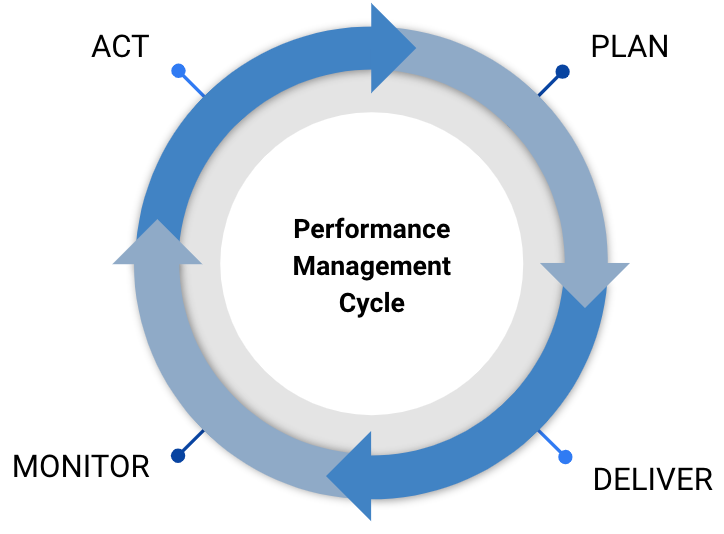5 Things to Know About What We Do With All of This Chattadata

The City of Chattanooga’s general operating budget in Fiscal Year 2020 is $269.8 million, funded primarily by the property taxes. Keeping track of where and how those dollars are spent is a critical part of maintaining a high-performing government — one of Mayor Andy Berke’s key priority areas since coming into office.
Government is not a business and as such is not motivated by profit. It’s motivated by service. Even so, we do share a responsibility to be efficient, strategic, and careful with the dollars we spend, particularly so we have the resources to keep helping more Chattanoogans more effectively.
Using data to measure and learn from the performance of our departments, divisions, and partner agencies is the job of our Office of Performance Measurement & Open Data (OPMOD). This team works throughout the year to make sure that our “Chattadata” is professionally tracked and used appropriately to guide the operations of everything that the city does and funds.
Five things to know about the City of Chattanooga’s OPMOD:
- Some cities are fans of top down based “stat” programs to monitor and measure their performance. While this approach is certainly data-driven, we find that it does not necessarily result in long-term changes in behavior or improved operations. We use a different method for performance management — one built on constructive, candid interactions with department heads and focused on continuous quality improvement, not shame and blame.
- We measure a lot. There are 394 discrete performance measures across 141 funded offers.
- Each performance measurement begins with a plan. It’s the first step in a cyclical process that involves our Operations staff, Finance staff, Administrators, and others to make sure we know exactly what each department is trying to achieve and what results citizens should expect. After we plan, we deliver, monitor, and act to make adjustments and improvements to what we do and how we do it. Oftentimes we go through this cycle multiple times each year.
- Outputs are different than outcomes. Simply put, outputs are what we do — outcomes are if it’s making a difference. Are streets cleaner? Are children healthier? Is violent crime going down? Is our economy growing? How are we making life better for people in our city?
- But wait, there’s more. OPMOD is designing a new analytics program to use data to guide our operational decision-making more closely. We’re launching new internal and external dashboards to share our data and departments’ performance. We’re refreshing our Budgeting For Outcomes process to bring in even more public input and align the peoples’ priorities with our annual budget.

In the year ahead, we are going to do more to measure more. As with everything we do, we’re going to keep working to deliver better results to the community.
